- Blogs
- Cork Insulation: A Natural and Eco-Friendly Way to Keep Your Home Warm and Cosy
Cork Insulation: A Natural and Eco-Friendly Way to Keep Your Home Warm and Cosy
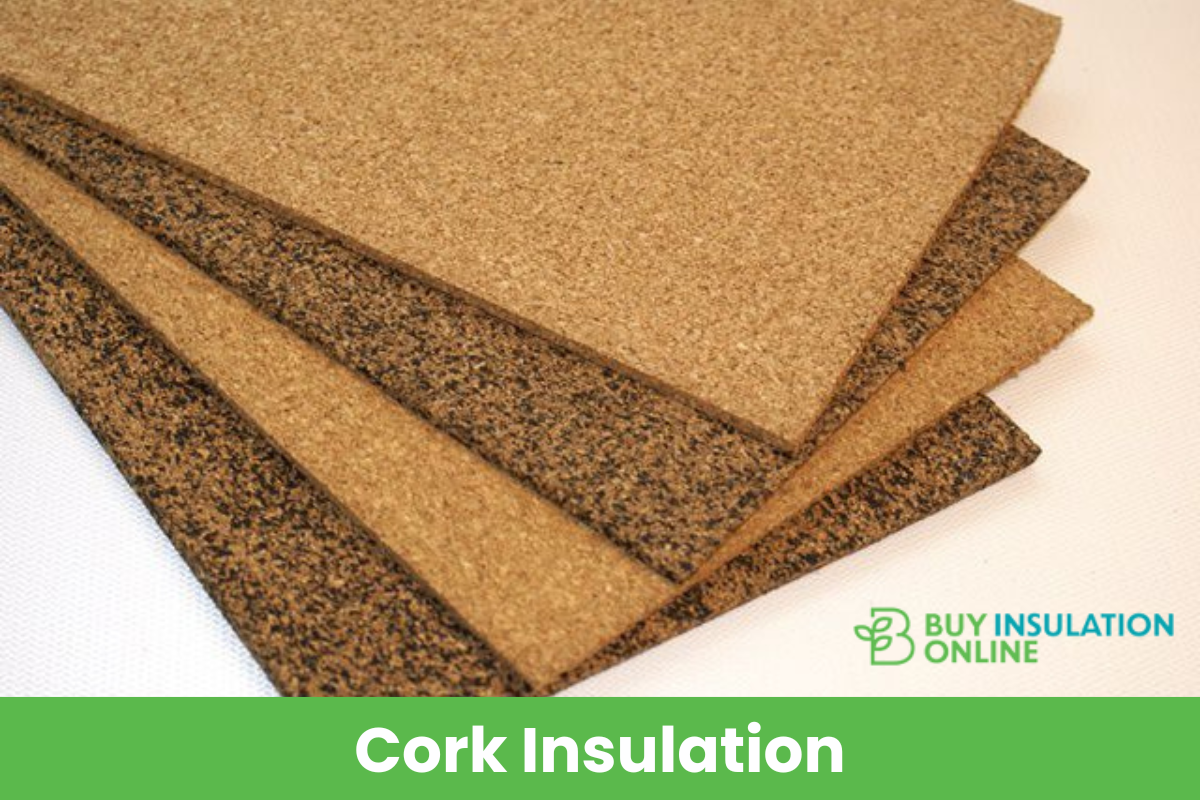
Are you looking for a natural, eco-friendly, and effective way to insulate your home? If so, you might want to consider cork insulation.
Cork insulation is made from the bark of the cork oak tree, a renewable and sustainable resource that grows mainly in the Mediterranean region.
Cork insulation comes in different forms, such as EcoCork granules, Rigid cork board insulation, Cork granules, and Expanded cork board and can be used for various applications, such as walls, ceilings, roofs, pipes, and ductwork.
EcoCork Insulation Boards
EcoCork insulation boards are made from expanded cork agglomerate (ECA). Cork is a natural, cellular material with various technical characteristics that make it an excellent choice for insulating buildings. The largest cork producer in the world is Portugal. These insulation boards are used for construction in buildings in both small and large-scale buildings.
Cork insulation can help reduce your energy bills and last for decades, which is much longer than most common insulation options. Because of its high insulation value and stability, it also helps control thermal bridging. This means that your home will be warm or cool more efficiently. Cork also has outstanding sound-control properties, which make it a great choice for a wide range of applications.
EcoCork insulation boards are suitable for external wall applications and offer excellent thermal and acoustic performance. Because they are eco-friendly, they also contribute to the protection of the environment. EcoCork is harvested every nine years and contains no carcinogenic or chemical ingredients. In addition, because of their low thermal conductivity, they also contribute to energy efficiency.
Cork is an ecological insulation material that is very durable and has excellent damp-proof properties. Cork boards can be used for a variety of applications, including wall insulation, floor insulation, and screed. The natural cork used in cork insulation boards has no chemicals or other additives, making it the perfect choice for a variety of uses.
Insulation Products
Benefits of Cork Insulation
Cork insulation has many advantages over other types of insulation, such as:
- Environmental friendliness: Cork insulation is made from natural and biodegradable materials that do not emit harmful gases or chemicals into the air. Cork insulation also helps reduce your home's carbon footprint by saving energy and preventing heat loss.
- Thermal resistance: Cork insulation has a high R-value, which measures how well a material resists heat flow. The R-value of cork insulation ranges from 3.6 to 4.0 per inch, which is comparable to or higher than other common insulation materials, such as fibreglass (2.9 to 3.8) and cellulose (3.1 to 3.8). This means that cork insulation can keep your home warmer in the winter and cooler in the summer by preventing heat transfer through the walls and ceilings.
- Soundproofing: Cork insulation has excellent acoustic properties that can reduce noise transmission and create a quieter and more comfortable living environment. Cork insulation can absorb sound waves and vibrations and prevent them from reaching your ears.
- Water resistance: Cork insulation is naturally water-repellent and resistant to mould and mildew growth. This makes it ideal for areas that are exposed to moisture or humidity, such as bathrooms, kitchens, basements, and attics.
Types of Cork Insulation
![Cork Insulation]() Four Types of Cork Insulation
Four Types of Cork Insulation
Cork insulation has a low thermal conductivity, which means it can resist heat transfer. This characteristic is measured in watts per metre squared (W/mK). The lower the value, the better the insulation will perform. Typical values for cork range from 0.035 to 0.043W/mK.
EcoCork Granules
EcoCork granules are a versatile and effective material for insulating walls and other hard-to-reach places. They have an average density of 60-70 kg/m3 and can fill up to 250 litres of space. The heating process that expands the cork makes it superior to other materials in terms of insulating capacity. As a bonus, it is also extremely light.
EcoCork granules can be applied to exterior walls or inside the home. It is easy to apply and maintain. Its unique physical structure allows it to maintain its insulating and thermal performance for many years. It also has excellent adhesion to masonry surfaces.
The granules are produced from waste cork from the stopper industry. These granules are available in various sizes, densities, and grain sizes. Depending on their size, they can be used as cork insulation, industrial components, and fillers. These granules are also available in the form of spray-on cork cladding.
Cork has excellent physical and mechanical properties and can be used in various applications including acoustic insulation, thermal insulation, and vibration isolation. These properties make it ideal for floor coverings, handles, and more. Cork also has excellent anti-slip properties, which make it an excellent material for insulating materials.
Cork has been shown to have excellent electrical insulation properties. In addition, its porous structure makes it a porous dielectric. It can be electrically charged and retain the charge, making it ideal for smart sensors. The electrical properties of cork are related to the water content.
Rigid Cork Board Insulation
Rigid cork board insulation is a versatile, eco-friendly building material that is available in expanded and semi-rigid varieties. It is made from natural cork granules, a by-product of the cork stopper industry, which are steam-heated to activate the natural cork binder suberin. The result is a lightweight, versatile product with an R-value of 3.7 per inch.
Cork insulation meets European fire resistance standards, which require materials to demonstrate their ability to prevent the passage of hot gases and flames. This insulation material does not require flame retardants, and its fire resistance lasts up to 60 to 90 minutes. However, there are some downsides to rigid cork. The material may not be suitable for every type of structure or project.
While the installation of rigid cork board insulation varies from region to region, a common installation method involves installing cork boards over exterior sheathing and framing. Rigid cork board insulation should be installed with horizontal seams. Screws should be used to secure the cork boards. After installing the cork, the desired siding or roofing material should be installed.
Rigid cork board insulation is a natural, eco-friendly alternative to foam board insulation. It’s biodegradable and can be recycled. Cork also has sound-dampening properties. While cork is costly, it’s worth considering if you need a sustainable insulation material.
Cork Granules
Cork granules are a popular and practical insulation material for the home. Cork is a highly effective thermal insulator and is also resistant to water. It is a versatile material that can be used for a variety of different purposes. The granulated version of cork can even be used as a decorative filler in terrariums and gardens.
The easiest method of applying cork is through the insufflation (act of blowing) the granules into the walls. This process is quick and noninvasive and provides maximum insulating power. It is particularly suitable for walls with internal cavities. The installation process can be performed from the inside or outside the building.
Cork granules are a highly sustainable material that can be used for a variety of purposes, including insulation. They have the added benefit of enhancing the indoor air quality and reducing heating and cooling bills. In fact, it can also provide acoustic insulation, which is a great benefit to buildings.
Cork is a sustainable and eco-friendly material that has excellent damp-proof and insulating qualities. These properties make it a very versatile material for a variety of applications, from walls to floors. Cork granules are especially suitable for floors and cavity walls.
Expanded Cork Board Insulation
Expanded cork board, or ICB, is an excellent multi-purpose insulation material. The board has excellent sound-control and heat/cold insulating properties. It also releases a mild odor (similar to burnt cork). In addition, it is a multi-functional material that’s suitable for both small-scale and commercial buildings.
Expanded cork boards can be used in wall, floor, and ceiling applications. They can also be used as a decorative surface finish. The material is 100% ecological and free of additives. The binder that binds the material is its own natural ingredient, suberin. The boards are lightweight and versatile.
The environmental impact of expanding cork insulation is minimal compared to most types of insulation. It is biodegradable and can be recycled once it has served its purpose. The insulation material is also resistant to moisture and other pollutants, which makes it a sustainable choice. It can last up to 50 years.
Cork insulation is becoming more popular in North America. It has a long history of success in Europe, and increased interest in bio-based materials will likely lead to an increase in demand. While cork may remain a niche in the insulation industry, it is a high-quality material with a variety of uses.
Cost of cork board insulation
Cork board insulation has a reputation for being one of the most environmentally friendly materials available, but it can be expensive. Before you decide to use cork board insulation, take some time to compare the costs of other options, such as foam insulation. The costs of cork insulation depend on the area in which you live, but you can also find discounts if you buy in large quantities. Nevertheless, cork is not affordable for many people, and you should choose a material that fits your needs and budget.
Cork board insulation can be purchased in various thicknesses, and thicker ones insulate better than thin ones. A good rule of thumb for cork roof insulation is to use a thickness of 6 inches. Cork roof insulation should be applied diagonally to avoid thermal bridges so that it provides maximum insulation. Another advantage of cork board insulation is that it feels warm and is resistant to wear and tear.
Cork is a natural material with natural properties that make it impenetrable to liquids. It is also waterproof and resistant to rot. Cork’s unique cellular structure and a waxy substance called suberin repel moisture and discourage the growth of mildew and mould. Because it resists moisture and discourages the growth of insects and mice, it makes corkboard insulation an ideal choice for the interior of your home.
Tips for Installing Cork Insulation
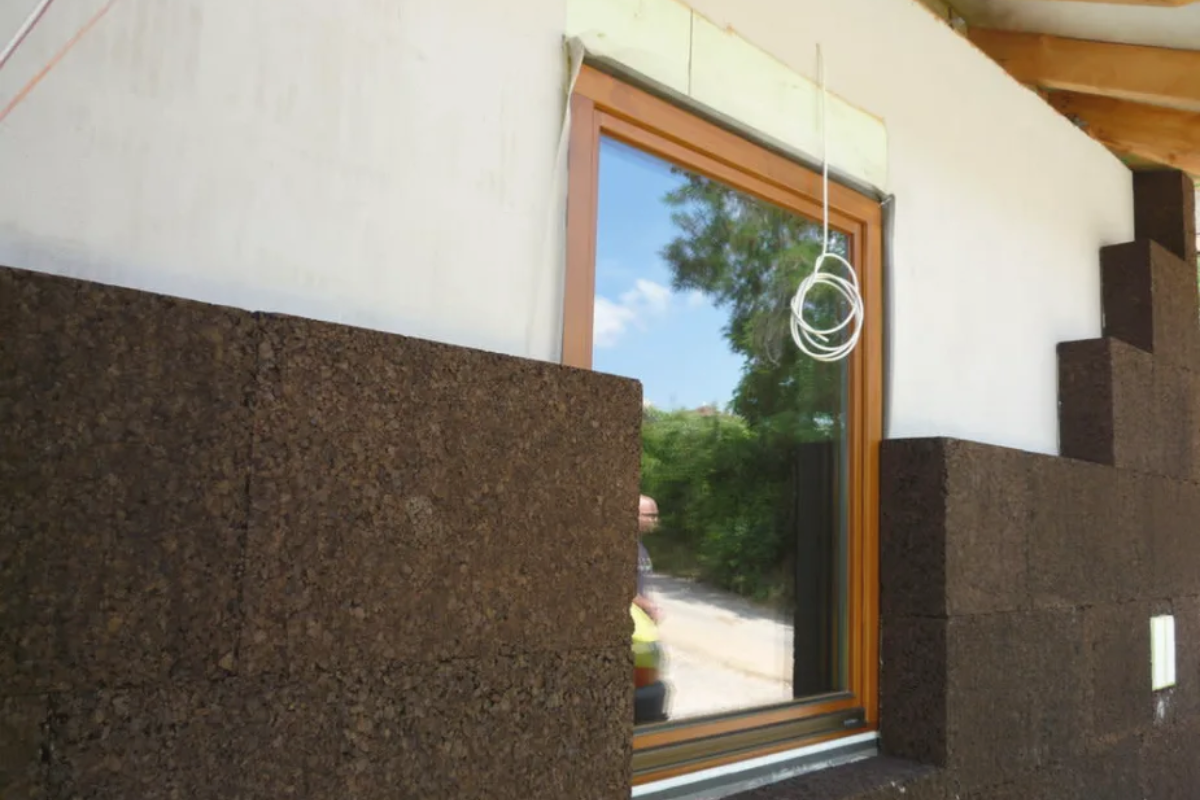 Installing cork insulation properly can ensure its optimal performance and durability. Here are some tips on how to install cork insulation correctly:
Installing cork insulation properly can ensure its optimal performance and durability. Here are some tips on how to install cork insulation correctly:
- Cutting: If you are using rigid boards, you will need to cut them to fit the area to be insulated. You can use a utility knife or a saw to cut the boards along the marked lines. You should leave a small gap between the boards and the edges of the surface to allow for expansion.
- Attaching: If you are using rigid boards or spray foam, you will need to attach them to the surface using adhesive or nails. You should apply a thin layer of adhesive on both the surface and the board or spray a bead of foam along the edge of the board before pressing it firmly onto the surface. You should also use nails or staples to secure the board or foam in place.
- Sealing: If you are using rigid boards or spray foam, you will need to seal any gaps or seams between them using tape or caulk. You should use a high-quality tape or caulk that is compatible with cork and the surface material. You should also smooth out any excess tape or caulk with a spatula or a finger.
Cork Insulation FAQ
1. What is cork insulation?
Cork insulation refers to the use of cork as a material for thermal and acoustic insulation. It is commonly found in the form of cork board insulation or cork insulation boards.
2. How does cork insulation work?
Cork insulation works by trapping air within its cellular structure, creating a barrier that helps to prevent heat transfer and reduce noise transmission. The cork acts as a natural insulator.
3. What are the benefits of using cork insulation?
There are several benefits to using cork as an insulation material. It is a natural and sustainable option that is harvested from the cork oak tree every 9 years, making it a renewable resource. It also possesses excellent thermal and acoustic insulating properties, is breathable, and can help reduce energy consumption.
4. How thick should cork insulation be?
The recommended thickness of cork insulation varies depending on the specific application. However, typical thicknesses range from 25mm to 100mm. It is important to consult with a professional or refer to the manufacturer's guidelines to determine the appropriate thickness.
5. Is cork insulation suitable for external walls?
Yes, cork insulation can be used as an external wall insulation system. It provides both thermal and acoustic insulation benefits, improving energy efficiency and noise reduction.
6. How is cork insulation made?
Cork insulation is made from the bark of the cork oak tree. The bark is harvested in a careful process that does not harm the tree, which then regenerates its bark over time. The bark is crushed, granulated, and then processed into various forms, such as cork panels or cork granules, which are used for insulation purposes.
7. Can cork insulation be used for soundproofing?
Yes, cork insulation is an excellent option for soundproofing due to its acoustic insulation properties. It can effectively absorb and dampen sound, reducing noise transmission between rooms or from external sources.
8. Is cork insulation a natural material?
Yes, Cork insulation is a natural material. Cork is derived from the bark of cork oak trees, making it a renewable and sustainable resource. It is often used for insulation due to its natural thermal and acoustic properties.
Conclusion
Cork insulation is a natural and eco-friendly way to keep your home warm and cosy. It has many benefits, such as its environmental friendliness, thermal resistance, soundproofing, and water resistance.
It also comes in different types, such as EcoCork granules, Rigid cork board insulation, Cork granules, and Expanded cork board, that can suit various applications and budgets.
However, it also requires proper installation and maintenance to ensure its effectiveness and longevity. If you are interested in cork insulation, you can check out some online vendors or suppliers that offer cork insulation products.
You can also share your thoughts or experiences with cork insulation in the comments section below. We would love to hear from you!

Samuel Hitch
Managing Director
Buy Insulation Online.
Leave A Reply
Your feedback is greatly appreciated, please comment on our content below. Your email address will not be published. Required fields are marked *
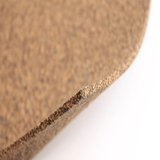
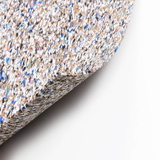
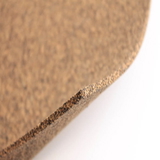
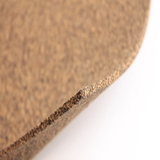
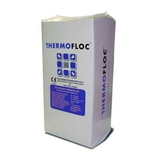
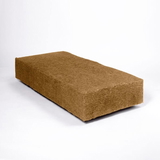
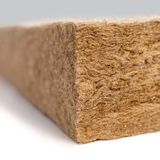
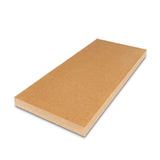
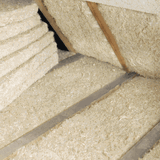
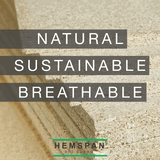
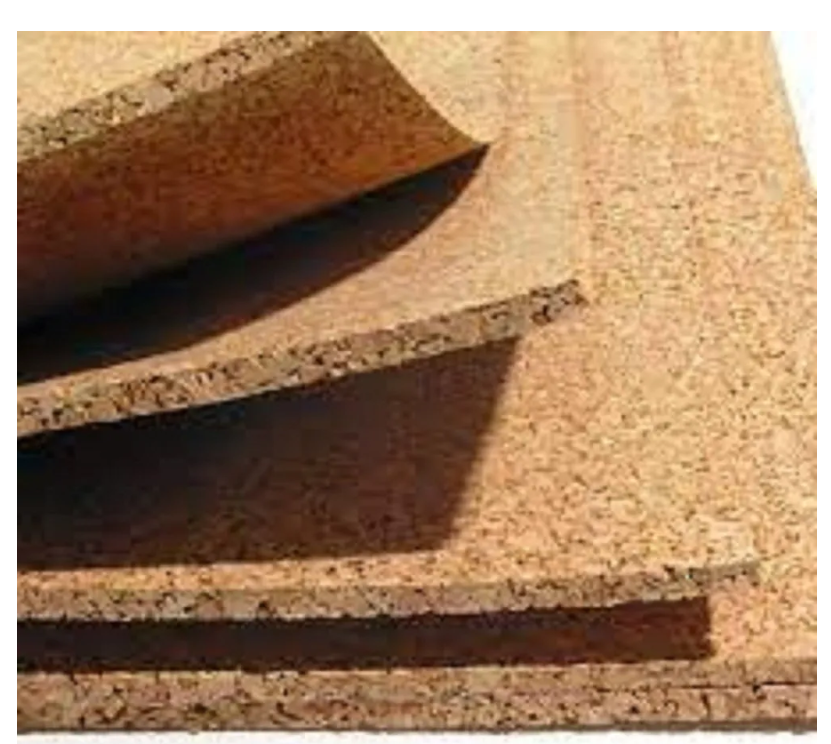 Four Types of Cork Insulation
Four Types of Cork Insulation
































































































































































































































































































































































